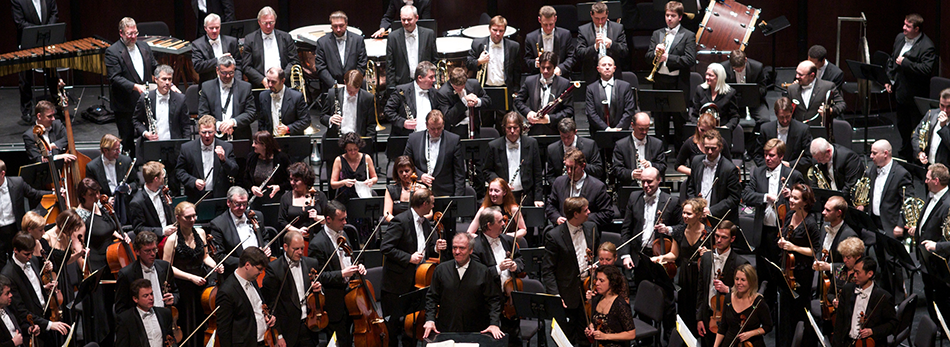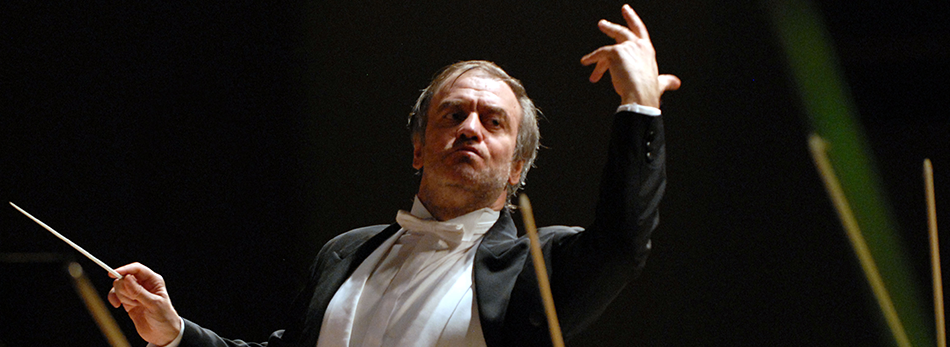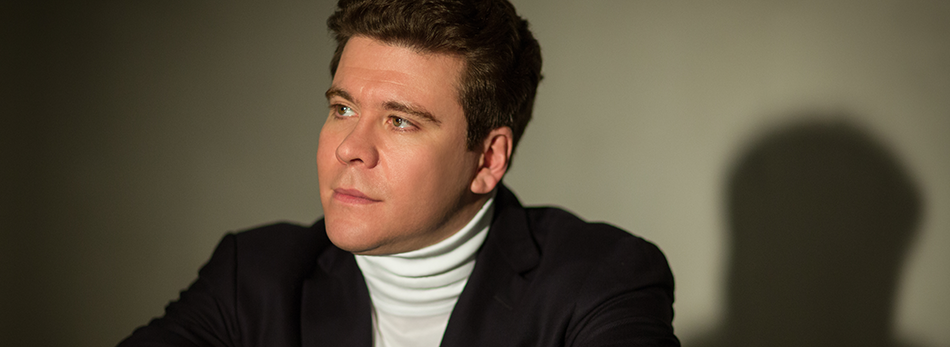Gergiev Brings Mariinsky Orchestra to L.A. in an All-Russian Concert
/By Truman C. Wang
11/1/2017
Photo credit: LA Phil



The U.S.-Russian relations may have hit a new low in Washington. But in L.A.’s Disney Hall Monday night, for two hours at least, musical diplomacy prevailed in bringing the two peoples together in relative harmony. The ushers who normally frown upon photography allowed the Russians to snap away, even taking pictures for them. The Mariinsky (formerly Kirov) Theater Orchestra is a major force to be reckoned with under music director Valery Gergiev, whose explosive, colorful style has propelled the Mariinsky from opera/ballet to a powerhouse symphonic orchestra, the Russian counterpart of the Met Opera Orchestra.
My first experience with Valery Gergiev was in 1990 when he started bringing his Kirov Opera troupes annually to San Francisco. Twenty years on, his conducting style has changed little and mellowed not one whit, always charging ahead relentlessly and excitingly, often ignoring the punctuation marks and preferring to run on to the next line or phrase – all while the right hand is ticking away the beats with OCD-like precision and urgency.
This hard-charging style worked less well in the lighthearted, classically-inspired Shostakovich Symphony No. 9, where all the rushing about and heavy-lifting made the piece sound neurotic. In the Prokofiev Piano Concerto No. 2, Gergiev met his match in pianist Denis Matsuev, who stunned in the power and clarity of his playing, romping through the four movements of the concerto with equal fun and ease. Matsuev’s heaven-storming, knuckle-breaking playing of the six-minute-long cadenza in the first movement bordered on the demonic. Unexpectedly, he showed quiet refinement and delicacy in his encore of Liadov’s Music Box, Op.32. A rarity on the program was Scriabin’s Symphony No. 3, a perfect vehicle to showcase the Mariinsky Orchestra’s formidable brass section that blared out the idée fixe theme throughout the piece. The woodwinds also excelled in the second movement in their delightful birdsongs. The three movements flowed into each other without a break like one long romantic song. It’s a brilliant work that deserves to be better known.
Maestro Gergiev, in the early holiday spirit, offered a Nutcracker encore (Pas de deux) that started poignantly in the lower strings and ended thrillingly with a bang that knocked the piece out of the ballpark. (Sorry Dodgers, better luck next time!)
Truman C. Wang is Editor-in-Chief of Classical Voice, whose articles have appeared in the San Gabriel Valley Tribune, the Pasadena Star-News, other Southern California publications, as well as the Hawaiian Chinese Daily.
